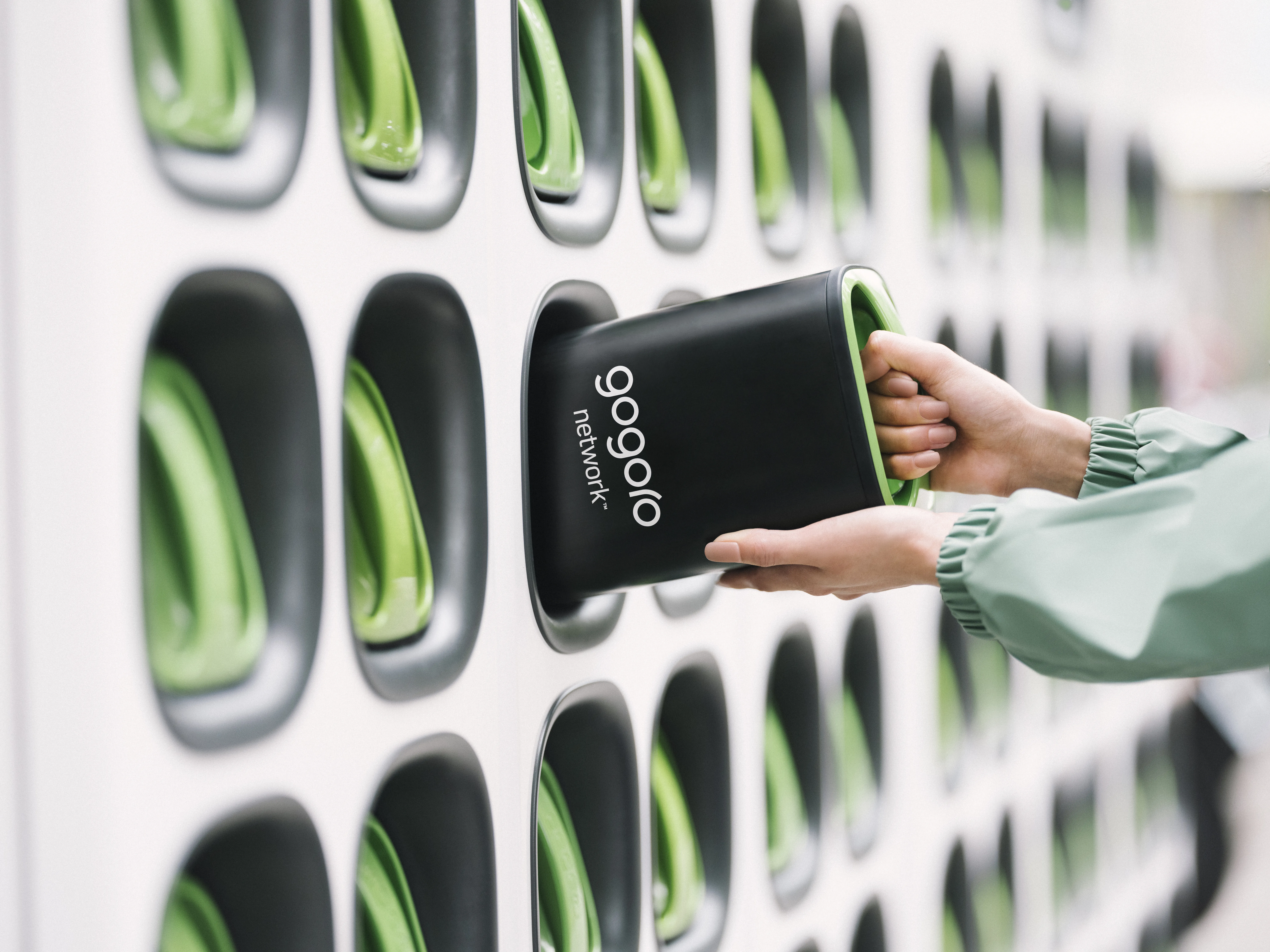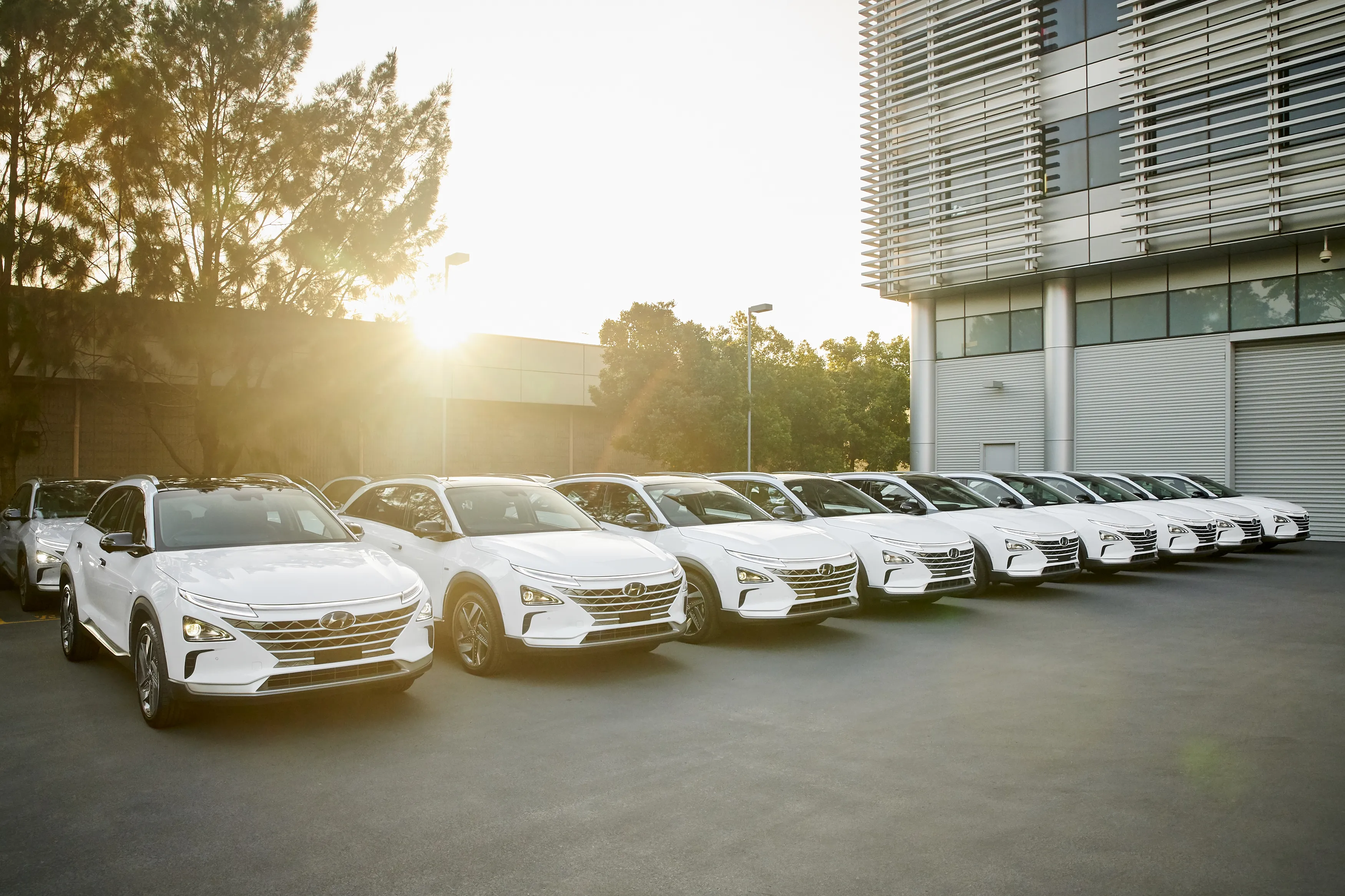
The company says in a blog post that it will operate three-wheeler and four-wheeler vehicles in more than 20 cities including Delhi, Bangalore and Hyderabad.
Akhil Saxena, vice president, customer fulfillment - APAC & emerging markets at Amazon, says: “We will continue to invest in the electrification of our delivery fleet, thereby reducing our dependence on non-renewable resources.”
In September 2019, Amazon became a signatory to the Climate Pledge in a move which requires companies to be net zero carbon by 2040 – a decade ahead of the Paris Accord’s goal of 2050. As part of the pledge, Amazon intends to introduce 100,000 EVs to its fleet by 2030.
Steps have already been taken to tackle pollution in India. Last November, Delhi introduced ‘car rationing’ in a move which allows drivers to use roads only on alternate days.









